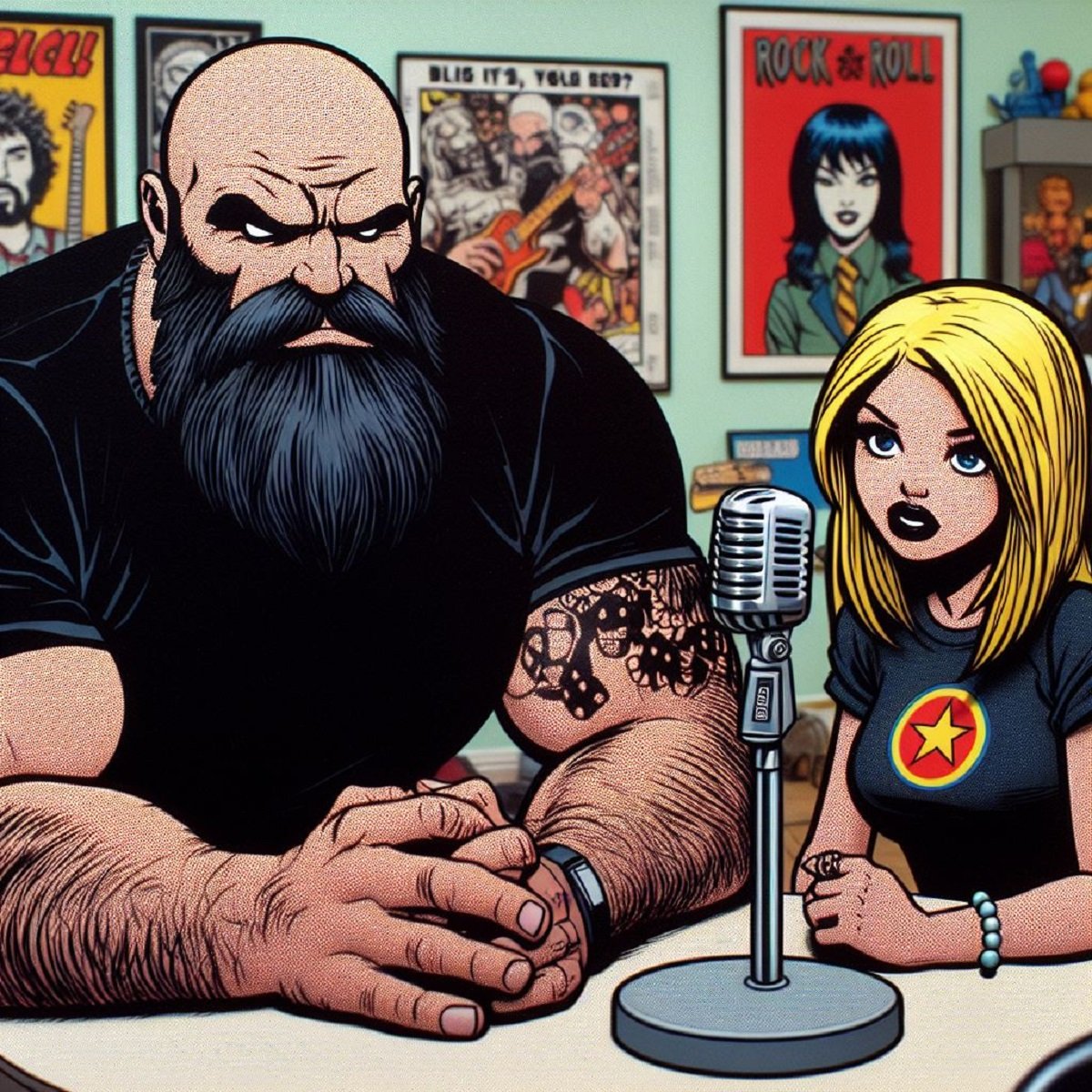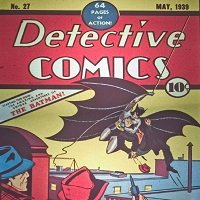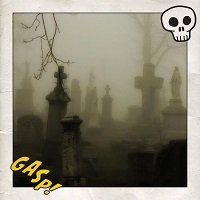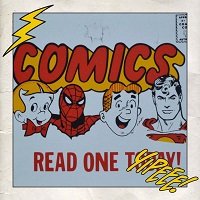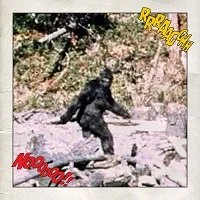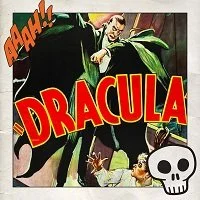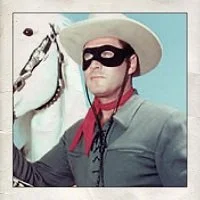The Transfiguration Film Review
By Joseph Perry (@JosephWPerryJWP; tastethemilkofchocula.blogspot.com)
Writer/director Michael O’Shea’s independent horror drama The Transfiguration will appeal to fans of classic vampire lore and cinema. It isn’t shy about showing its influences, both stylistically and in plain sight. The film recalls such forerunners as George A. Romero’s Martin (1978), Nadja (1994), and cult filmmaker Abel Ferrara’s The Addiction (1995); at the same time, however, it offers enough originality and passion to be considered worthy of consideration alongside those groundbreaking earlier efforts.
The Transfiguration is a thought-provoking film that seeks to tackle different areas of social commentary while simultaneously offering a good deal of shocks and suspense. This indie effort boasts skillful directing, fine performances, crackerjack cinematography, and a climax that packs a true wallop.
High-school student Milo (Eric Ruffin) is a loner whose mother has recently committed suicide. He lives with his brother Lewis (Aaron Clifton Moten), an army veteran who seemingly spends most of his time on the couch watching television. Their apartment building is in a neighborhood that is in decay, both physically and socially. Milo is seen as an outcast and misfit by other students at his school, who bully him, and a group of gang-member neighbors. What those people don’t know is that Milo is obsessed with vampires and even acts out as one. (The "in plain sight” references I mentioned earlier include the collection of materials that Milo owns.) He is a serial killer who drinks the blood of his victims.
Milo is troubled by his behavior, though, and when a girl named Sophie (Chloe Levine) moves into his public housing complex, his guilty feelings about his deadly activities only get worse. Milo sees Sophie as a fellow fractured soul and attempts to introduce her to his dark, secret world. Their unusual relationship is one of many strong points in The Transfiguration. Ruffin is superb as Milo, finding the humanity within a destructive psyche. Levine is also solid as the troubled but strong young lady who helps Milo discover feelings of which he may have been previously unaware.
O’Shea’s blending of dramatic elements and fright fare is well balanced, and a jarring scene of gang-related terror is equally as impactful as Milo’s shocking attacks. The Transfiguration delivers in the horror department.
In his debut feature film, O’Shea takes on bullying, post-traumatic stress disorder and other psychological issues, desperation caused by economic inequality, and inner-city crime, among other social topics. That’s already a great deal to juggle, but The Transfiguration manages to do it while telling a touching story of humans trying to connect, and wrapping it all in a dread-ridden vampire yarn.
The Transfiguration is now available on VOD from Strand Releasing.
Joseph Perry is one of the hosts of When It Was Cool’s exclusive Uphill Both Ways podcast (whenitwascool.com/up-hill-both-ways-podcast/) and Gruesome Magazine’s Decades of Horror: The Classic Era podcast (decadesofhorror.com/category/classicera/).
He also writes for the retro pop culture website That’s Not Current (thatsnotcurrent.com), the Gruesome Magazine horror movie website (gruesomemagazine.com), and several other print and online film critique and pop culture magazines.
If you found this article interesting consider becoming a Patreon supporter. That is how When It Was Cool keeps our website and podcasts online, plus you get lots of bonus content including extra and extended podcasts, articles, digital comics, ebooks, and much more. Check out our Patreon Page to see what's up!
If you don't want to use Patreon but still want to support When It Was Cool then how about a one time $5 PayPal donation? Thank you!
